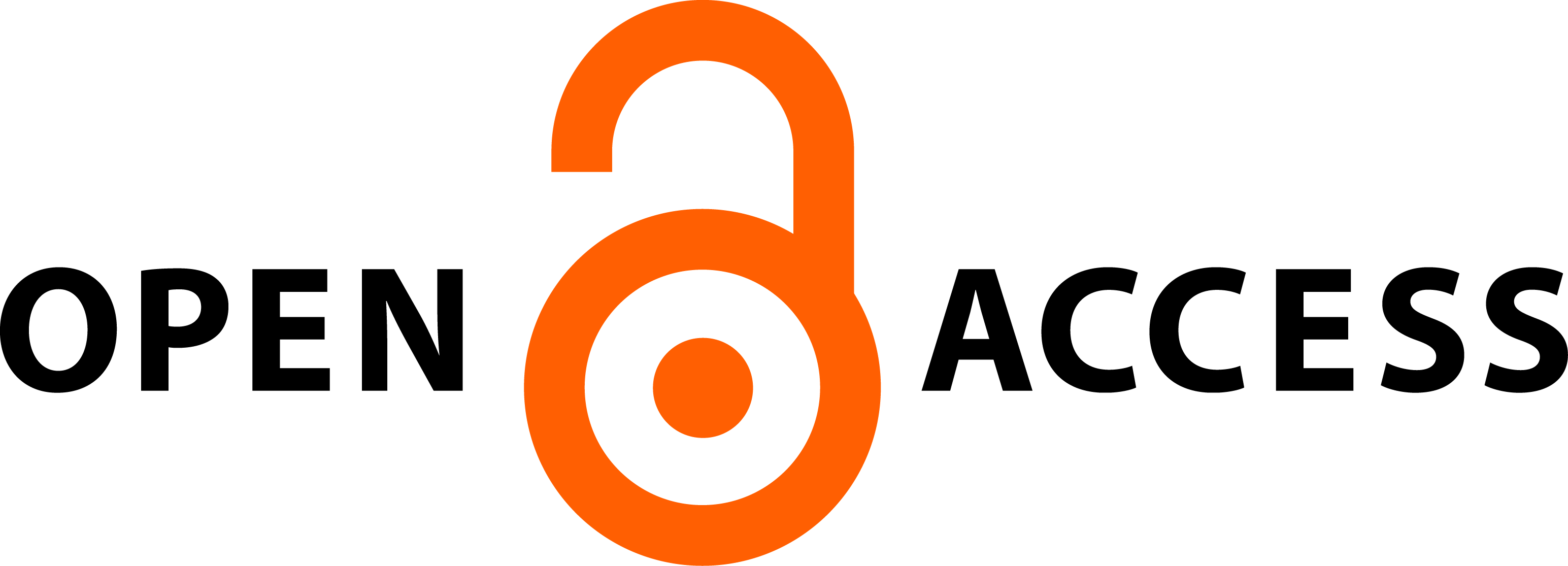Tata Kelola Mahasiswa Terhadap Integritas Akademik Dan Plagiarisme
DOI:
https://doi.org/10.21154/muslimheritage.v1i2.603Keywords:
attitude, cognitive, affective, scientific paper, plagiarismAbstract
Abstract: This research would like to see how the instituion of Postgraduate Program (PPs) STAIN Ponorogo to manage about the scholars academic integrity and plagiarism, and how ideal the respond of PPs STAIN Ponorogo about that scholars’ attitude is. This research is quite important because of many things. First, the scientific writing in short paper (makalah) is the entry point of education and teaching in PT. Second, in other side, PPs STAIN Ponorogo is immediately charged to address and respond an indication of plagiarism di the scholars level, and it needs the research as its basis. This research basically is survey quantitatively toward active scholars in Sharia Economic Study amount of 37 scholars. Instrument used is questionnaire with analysis technique of descriptive statistic. This research concludes that as many as 53% of respondents accustomed to cite exactly what words, phrase, sentence say from reference even though not in the context of direct citation (word for word plagiarism). According to it, so the implication of policy can be taken is socialization about academic integrity in any kind and forum, integrating strict rule about plagiarism in the academic guide, shaping an institution “Language Service (Layanan Bahasa)”, and “ Assembly of Academic Consideration (Majelis Pertimbangan Akademik)” which concern about plagiarism and software of plagiarism detector, and no less important is building academic culture which is full of integrity holistically.
Abstrak: Penelitian ini ingin melihat bagaimana pengelolaan mahasiswa PPs STAIN Ponorogo terhadap integritas akademik dan plagiarisme, dan bagaimana idealnya respon kebijakan PPs STAIN Ponorogo terhadap sikap mahasiswa tersebut. Penelitian ini dirasa cukup penting karena beberapa hal. Pertama, penulisan karya ilmiah dalam bentuk makalah merupakan ujung tombak pendidikan dan pengajaran PT. Kedua, di sisi yang lain, PPs STAIN Ponorogo dituntut untuk segera menyikapi dan merespon gejala plagiarisme di tingkat mahasiswa, dan ini membutuhkan penelitian sebagai basisnya. Penelitian ini pada dasarnya adalah penelitian survey yang bersifat kuantitatif terhadap mahasiswa aktif Program Studi Ekonomi Syariah yang berjumlah 37 mahasiswa. Instrumen yang dipakai adalah angket dengan teknik analisis statistik deskriptif. Penelitian ini menyimpulkan bahwa sebanyak 53% dari responden terbiasa untuk mengutip secara persis kata, frase dan kalimat dari sumber rujukan walaupun bukan dalam konteks kutipan langsung (word for word plagiarism). Berdasar hal tersebut, maka implikasi kebijakan yang bisa diambil adalah sosialisasi tentang integritas akademik dalam berbagai bentuk dan forum, mengintegrasikan aturan tegas tantang plagiarisme dalam pedoman akademik, membentuk lembaga “Layanan Bahasa”, dan “Majelis Pertimbangan Akademik” yang konsen pada persoalan plagiarisme dan penyediaan software pendeteksi plagiarisme, dan yang tidak kalah penting adalah membangun kultur akademik yang penuh integritas secara holistik.
Downloads
Published
Issue
Section
License
Requirements to be met by the author as follows:
- Author storing copyright and grant the journal right of first publication manuscripts simultaneously with licensed under the Creative Commons Attribution License that allows others to share the work with a statement of the work's authorship and initial publication in this journal.
- Authors can enter into the preparation of additional contractual separately for non-exclusive distribution of a rich version of the journal issue (eg:post it to an institutional repository or publish it in a book), with the recognition of initial publication in this journal.
- Authors are allowed and encouraged to post their work online (eg, in institutional repositories or on their website) prior to and during the submission process, because it can lead to productive exchanges, as well as citations earlier and more severe than published works. (see The Effect of Open Access).

















